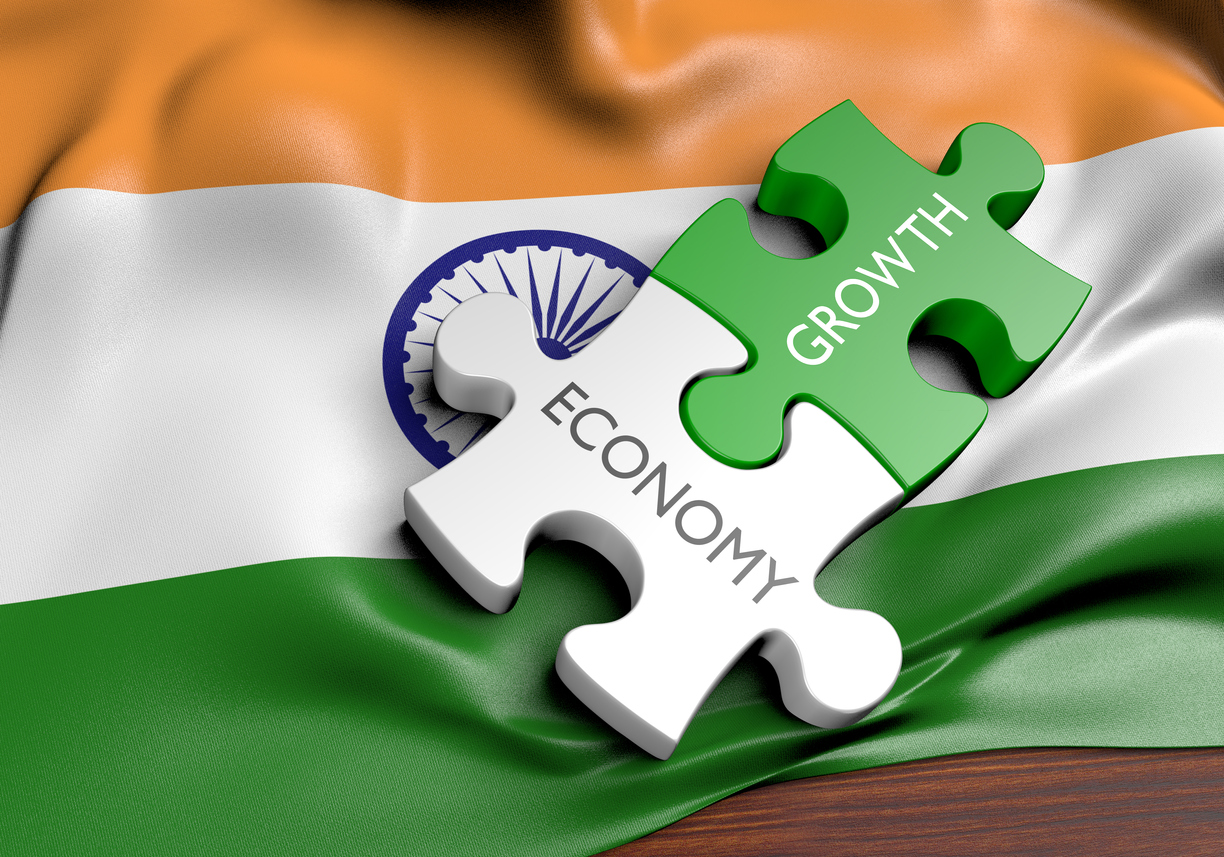- Wednesday, July 02, 2025
Despite a global economic slowdown affecting export growth, the country’s consumer demand remained sturdy, primarily propelled by the urban populace in the face of an erratic monsoon and resulting inflation.

By: Shubham Ghosh
IN the September quarter, India’s economic growth is anticipated to have moderated but maintained resilience, buoyed by robust service sector performance and sustained urban demand, as indicated by a Reuters survey of economists undertaken this month.
Forecasts suggest a slight deceleration in Gross Domestic Product (GDP) growth from 7.8 per cent in the previous quarter to 6.8 per cent in the July-September period. Despite a global economic slowdown affecting export growth, the country’s consumer demand, a significant contributor to GDP (60 per cent), remained sturdy, primarily propelled by the urban populace in the face of an erratic monsoon and resulting inflation.
Analysts consider this expected slowdown as a marginal adjustment from an exceptionally strong preceding quarter, projecting India’s economic growth to outpace most major economies, with an estimated average of 6.4 per cent for the fiscal year ending March 31 and 6.3 per cent in the subsequent year.
The robust performance is attributed, in part, to higher government capital expenditure, totaling Rs 4.91 trillion (£46.5 billion) in the first half of the fiscal year.
Despite varied consumer demand patterns across the country, urban demand held firm in the July-September period, compensating for a temporary dip in rural demand due to elevated prices of everyday goods. Economists anticipate a brief duration of weakness in rural demand, with 69 per cent predicting a narrowing gap between rural and urban consumption over the next two to three years.
Government spending and consumption are identified as key drivers of economic growth for the remainder of the fiscal year, with a notable surge in capital spending expected in the lead-up to the national election scheduled next year.
(With Reuters inputs)